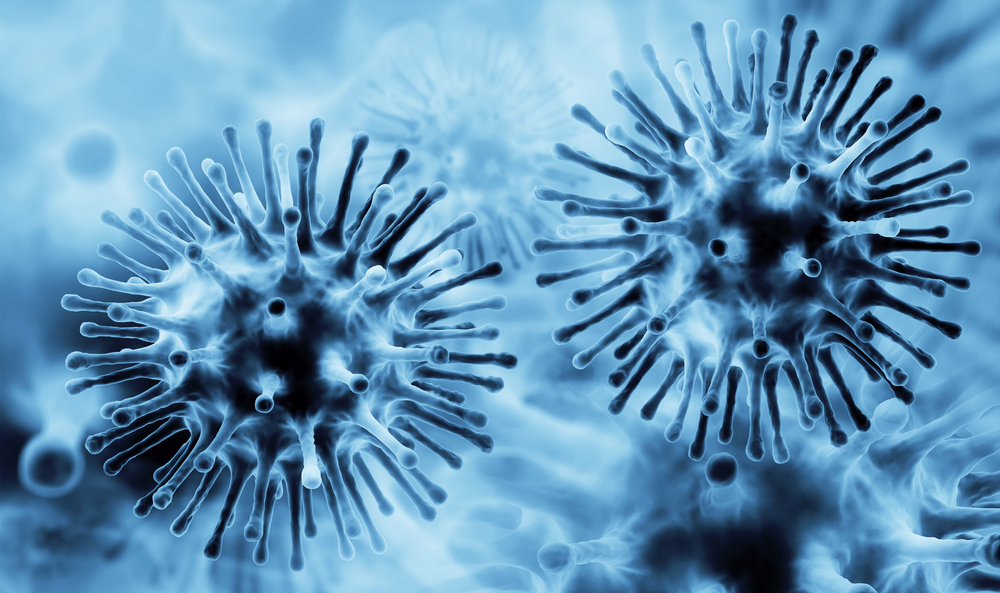
Yale experts and their partners in a national research consortium have identified several genes and gene clusters associated with the immune response to influenza (“flu”) vaccination. The findings point to the prospect of using genetic profiles to predict individual responses to the flu vaccine.
The research was published August 25 in Science Immunology.
The global impact of influenza is substantial, with seasonal epidemics estimated to result in 3-5 million cases of severe illness, and 250,000 to 500,000 deaths annually worldwide. Vaccination is the best way to protect against flu infection, but the composition of the seasonal vaccine changes from year to year. Moreover, effectiveness of the vaccine varies widely among individuals.
Previous studies, including a study done at Yale, have sought to identify changes in gene expression associated with successful flu vaccination but focused on relatively small numbers of participants. The new study included six different cohorts receiving the flu vaccine from across the country; research centers included Yale, the Baylor Research Institute, Emory University, the Mayo Clinic, and the National Institutes of Health. The size of the cohort — more than 500 individuals — allowed researchers to not only identify genes and gene clusters associated with vaccine response, but also confirm these findings in an independent cohort of participants.
Analyzing the data, the research team identified several gene “signatures,” or groups of genes, that were associated with a stronger response to the flu vaccine. The response was determined by increases in antibodies that protect against infection.
We “were able to identify genes at baseline, before vaccination, that would predict how individuals would respond to the vaccine,” said Ruth Montgomery, associate professor of medicine at Yale School of Medicine and a co-author.
The researchers also found that the while the genes were predictive of a robust vaccine response in adults younger than age 35, those same genes did not improve responses in adults over age 60. “Another finding is that genes that contribute to good immune response are different in young and older people,” Montgomery noted.
“Surprisingly, we found that baseline differences, both at the gene and module level, were inversely correlated between young and older participants,” added Steven Kleinstein, associate professor of pathology at Yale School of Medicine and a corresponding author on the study. The reasons for these age differences warrant further study, said the researchers.
The findings offer new insights into the biology of vaccine response. They may also help investigators predict responses in individuals and develop strategies to improve vaccines, or treatments to boost the immune system’s response to vaccination, the researchers noted.
Study authors are the HIPC Signatures Project Team and HIPC-I Consortium. Additional Yale authors are Stefan Avey, Subhasis Mohanty, Heidi Zapata, Jean Wilson, Ikuyo Ueda, Albert Shaw, Sui Tsang, Barbara Siconolfi, Susan Kaech, Erol Fikrig, and David Hafler.
The work was funded in part by National Institutes of Health grants. All of the study data are available through the NIAID ImmPort repository and ImmuneSpace.




